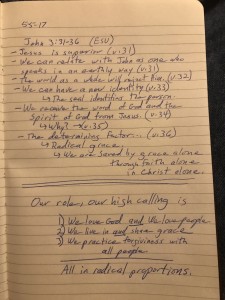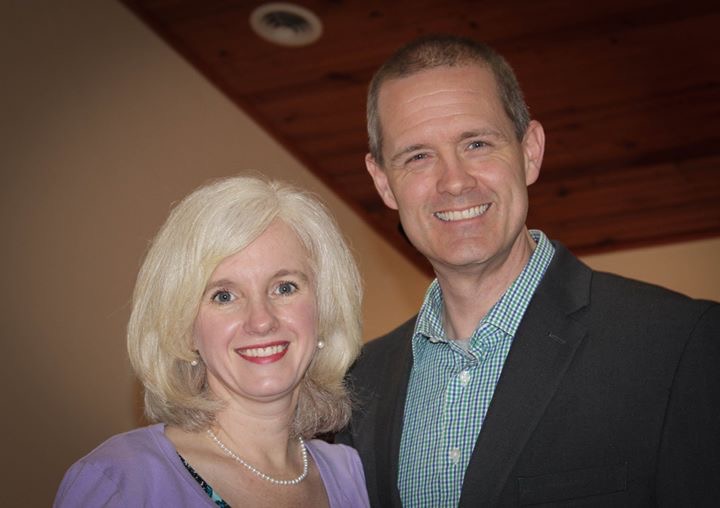A couple years ago Pastor Kyle McDannel led a discussion about what we go through to make a sermon. I shared with the group that the first thing I do is I read and outline the passage. Just the act of outlining what the passage says helps us be clear what is being communicated. It also lets us see if we have taken too large or too small of a passage to really understand in a sitting.
This is my initial outline of this weekends passage. I would encourage you to read the passage and try this yourself.

